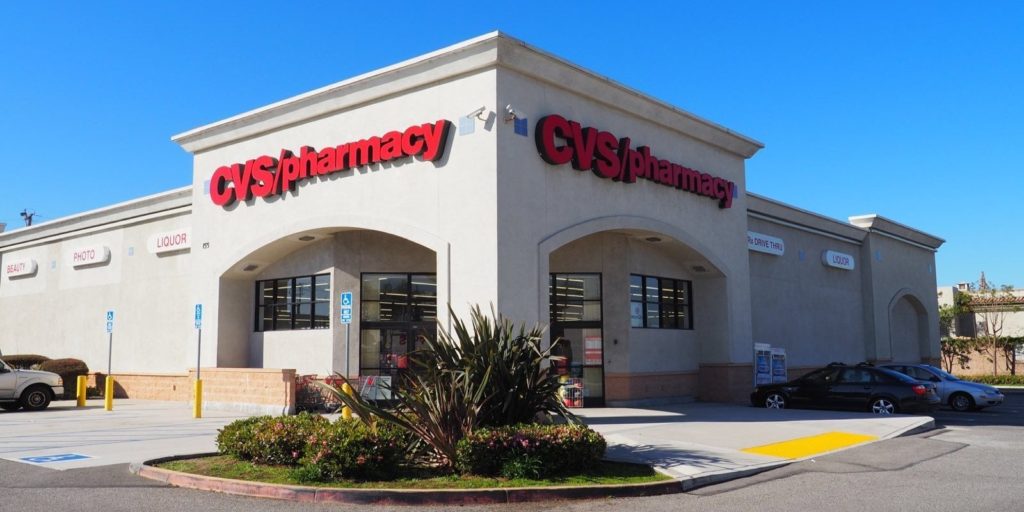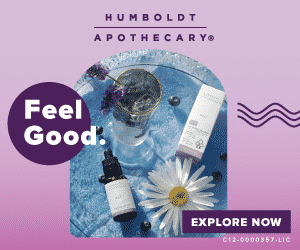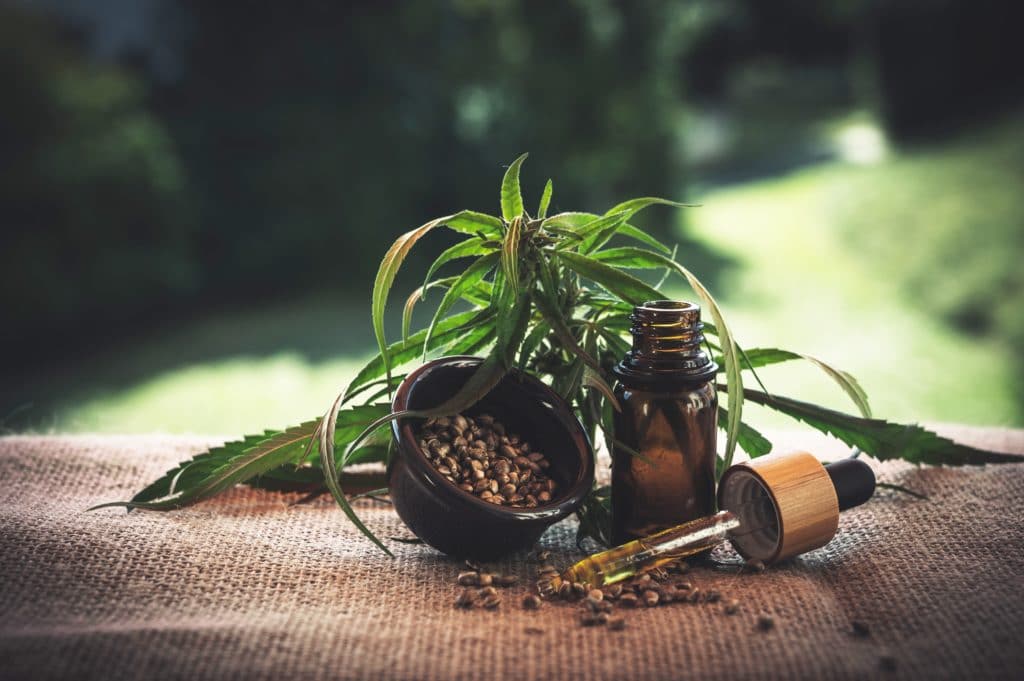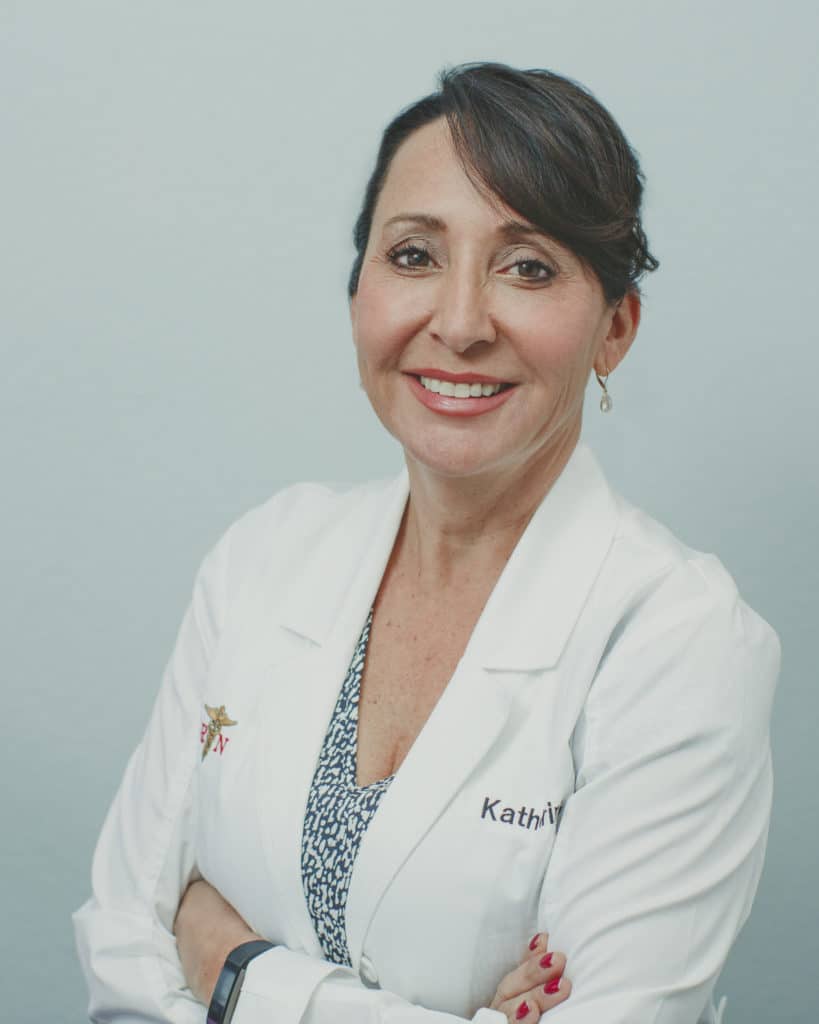Read Time: 3:30 Mins.
CVS Health announced that it is selling hemp-based CBD products in over 800 of its CVS drugstores scattered across 8 states. The products include CBD creams, sprays, roll-ons, patches, lotions, and salves. A CVS spokesperson said that “We are carrying hemp-derived CBD products in select states to help meet consumer demand for alternative care options. CVS has partnered with CBD product manufacturers that are complying with applicable laws and that meet CVS’s high standards for quality.” For now, the initial states are Alabama, California, Colorado, Illinois, Indiana, Kentucky, Maryland, and Tennessee.
On March 27, CNBC reported that Walgreens will also sell CBD creams, patches, and sprays in 1,500 stores located in Colorado, Illinois, Indiana, Kentucky, Oregon, New Mexico, South Carolina, Tennessee, and Vermont. The company has taken a much quieter approach to its trial run and has not announced which CBD brands will take part.
CBD Products for Adults
Mature adults visiting CVS and Walgreens stores for their prescription medicine and other health needs will be able to easily include CBD products into their daily regimen. According to the CVS spokesperson, there will be more than one CBD supplier for its trial run. One of the confirmed companies is CuraLeaf Holdings which is also involved with traditional cannabis. Headquartered in Wakefield, Massachusetts, Curaleaf has a presence in 12 states, owns and operates 42 dispensaries, 12 cultivation sites, and 10 processing sites. A company spokesperson said that Curaleaf will supply hemp-based lotions and transdermal patches to CVS.
Axcentria’s Elevate brand is also supplying CBD products to CVS. Their hemp-based CBD Pain Relief Cream products are full spectrum CBD, produced and tested in their FDA-registered, certified facility.
Are CBD Products Legal?
The move by CVS and Walgreens is not only unprecedented but it is also surprisingly bold for the national retailers. Widespread hemp cultivation became legal in the U.S. last December when the 2018 Hemp Farming Act was signed into law. The hemp-based products sold in the stores must by law contain less than .03% THC. However, there is a gray area surrounding hemp products in different states which may be the reason why CVS and Walgreens chose the initial states for their rollouts, some of which overlap. The HFA does not preempt more stringent state laws regarding hemp cultivation. For example, CVS has stores in Texas which are not included in the rollout. On the other hand, Alabama has no medical marijuana program, yet it is part of the CVS trial.
While hemp has been delisted as a Schedule 1 drug (unlike traditional cannabis containing THC), the FDA regulates CBD-infused food and dietary supplements that make certain health claims. CVS said in a statement that it would not sell any CBD-based supplements or food additives because it is illegal to introduce drug ingredients like CBD into the food supply or to market them as dietary supplements. In a December 2018 reminder to the burgeoning CBD industry, FDA Commissioner Scott Gottlieb said: “Selling unapproved products with unsubstantiated therapeutic claims is not only a violation of the law but also can put patients at risk, as these products have not been proven to be safe or effective.” The FDA has sent warning letters to companies illegally selling CBD products that claimed to prevent, diagnose, treat, or cure serious diseases, such as cancer. Some of these products were in further violation of the law because they were marketed as dietary supplements or because they involved CBD-infused food. This may be the reason why the companies chose topical products and did not include infused food products or dietary supplements.
Despite Risks, CVS and Walgreens Place a Bet on CBD
Investment strategists the Brightfield Group estimates that CBD product sales are growing faster than traditional cannabis in the U.S. and will be a $22 Billion industry by 2022. Both CVS Health and Walgreens are large, conservative, and publicly-traded companies yet they made the decision to take a risk and gain an early presence in the CBD wellness space. The risks were certainly weighed by teams of lawyers, and most likely by their board of directors for a move on this scale. What’s interesting is that despite the unsettled CBD landscape, the companies took an early chance on the future of CBD. They will be the first national retailers offering CBD product sales but others are sure to follow. This bodes well for people seeking the benefits of CBD while at the same time helping to destigmatize hemp and traditional cannabis. We’ll be watching to see if other national retail companies get in on the action.
There is one additional and important angle to consider. CuraLeaf is a multi-state cannabis company that owns several cannabis dispensaries. When traditional cannabis is legalized at the federal level, CVS will have a partner in place with CuraLeaf. CVS would then possess a competitive advantage for legal sales of cannabis products containing THC. Given the amount of money at stake, this was probably not a coincidence. This may someday result in older adults picking up their cannabis medicine along with their toothpaste in one simple errand.
Do you shop at a CVS or Walgreens drugstore in one of the selected states, and have you seen any products? Share some pictures with us!
Karl Phillips is a writer who covers the cannabis community from Los Angeles, CA. He shops at CVS drugstores and will keep an eye out for the new CBD products.




